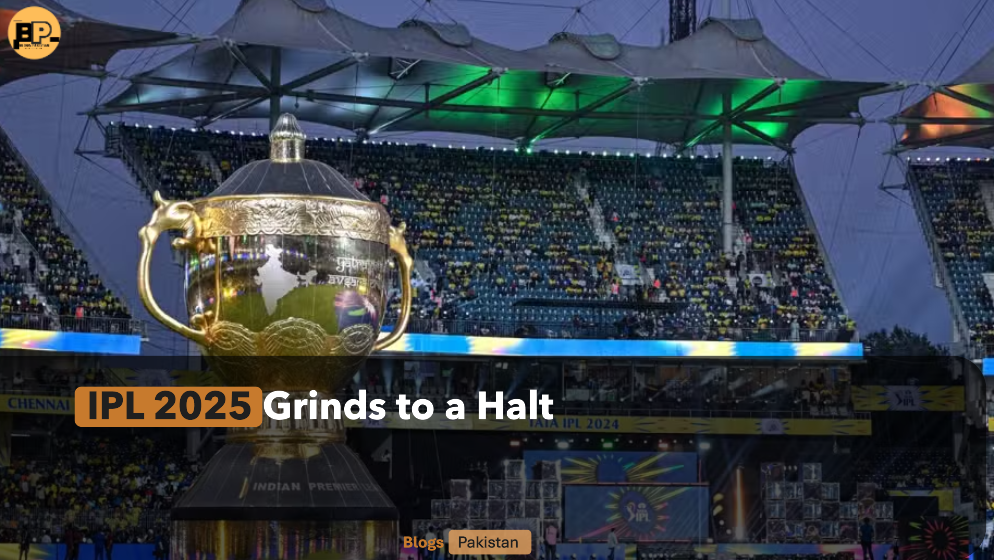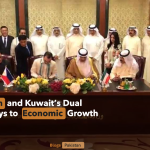Cricket’s most glamorous league, the Indian Premier League (IPL), has been thrust into uncharted territory. The 2025 season, which began with its usual fanfare, has been abruptly suspended due to escalating geopolitical tensions between India and Pakistan. This unprecedented move has left fans, players, and stakeholders reeling, as the tournament’s fate hangs in the balance.
The Unprecedented Suspension: Politics Upends Cricket
The Board of Control for Cricket in India (BCCI) announced the suspension of IPL 2025 on Tuesday, citing “external circumstances beyond the league’s control.” While the official statement avoided direct references to geopolitical issues, insiders confirm that rising hostilities between India and Pakistan played a pivotal role. The decision came hours after the Punjab Kings vs. Delhi Capitals match in Dharamsala was abandoned mid-game, marking the first time in IPL history that a season has been halted during the playoff race.
A Domino Effect of Diplomatic Strains
Recent weeks saw Pakistan’s cricket board relocating its premier T20 league, the PSL, to the UAE—a move interpreted as precautionary amid regional instability. India’s response, including heightened security measures and airspace restrictions, created logistical nightmares for IPL organizers. With airports in Kangra, Chandigarh, and Gaggal shut down indefinitely, team movements became impossible, forcing the BCCI’s hand.
Behind the Scenes: Security Alarms and Mid-Match Chaos
The Punjab-Delhi clash was initially halted due to a vague “technical failure,” but sources reveal that intelligence agencies had flagged credible security threats hours before the game. Players were rushed off the field, and spectators evacuated under tight protocols.
State Directives Override Sporting Schedules
State governments, in coordination with national agencies, imposed emergency measures that disrupted not just the IPL but also local commerce and travel. Dharamsala, a scenic venue near sensitive border areas, became a focal point for security concerns. Franchise owners reportedly lobbied for relocating matches, but the BCCI’s inability to secure alternative venues or timelines sealed the league’s suspension.
IPL’s Turbulent History: How 2025 Stands Apart
While the IPL has faced disruptions before—most notably during the COVID-19 pandemic—the 2025 suspension is unique.
COVID-19 vs. Geopolitics: A Study in Contrast
In 2021, the league was paused and later moved to the UAE, ensuring completion. This time, there’s no backup plan. Broadcasters, sponsors, and franchises now face colossal financial losses, with estimates suggesting the suspension could cost stakeholders over $500 million. The absence of a contingency strategy underscores how geopolitical crises differ from logistical challenges.
Global Players Exit: Safety Concerns Trump Professional Commitments
International stars, including Australian all-rounder Glenn Maxwell and South African pace spearhead Kagiso Rabada, were among the first to voice concerns. Many have already departed for home, with cricket boards advising against staying in “high-risk zones.”
Contract Clauses and Liability Debates
Player agents are now scrutinizing force majeure clauses in IPL contracts, which allow exits during unforeseeable crises. Legal experts suggest prolonged suspension could trigger compensation battles between franchises and players. Meanwhile, leagues like the Caribbean Premier League (CPL) and The Hundred are reportedly courting displaced stars, capitalizing on the IPL’s hiatus.
Cricket and Diplomacy: A Fraught Relationship
The IPL suspension highlights sport’s vulnerability to political winds. India and Pakistan, whose cricketing ties have been icy since the 2008 Mumbai attacks, now face renewed scrutiny over their ability to separate athletics from statecraft.
When Sports Mirrors Politics
Cricket has long been a proxy for Indo-Pak relations. Bilateral series remain suspended, and their World Cup clashes are marked by fervent nationalism. The IPL’s suspension amplifies questions about whether cricket can—or should—exist in a political vacuum. Analysts argue that while leagues prioritize commercial interests, governments wield ultimate authority during crises.
Economic Fallout: Sponsors, Broadcasters, and Fans Bear the Brunt
The IPL isn’t just a sporting event—it’s a $10 billion economic juggernaut. The suspension disrupts advertising campaigns, merchandise sales, and digital streaming partnerships.
The Ripple Effect on Local Economies
Cities hosting IPL matches rely on tourism and hospitality booms during the tournament. Hotels in Dharamsala and Chandigarh report mass cancellations, while food vendors and transport services face sudden revenue drops. With no resumption date in sight, small businesses brace for long-term pain.
What Lies Ahead? Uncertainty Clouds Cricket’s Future
The BCCI has remained tight-lipped about next steps, though insiders suggest contingency talks are underway. Relocating the IPL to a neutral venue like Sri Lanka or the UAE is theoretically possible but logistically daunting amid tight schedules.
Fan Outcry and Social Media Firestorms
#IPLUncancel trends on Twitter, with fans lambasting political interference in sports. Memes, petitions, and nostalgic throwbacks to iconic IPL moments flood platforms, reflecting public frustration. Yet, with military tensions persisting, cricket’s return seems secondary to national security priorities.
A New Precedent in Global Sports
The IPL’s suspension sets a worrying benchmark for how geopolitical conflicts can disrupt global sports. As leagues worldwide take note, the incident sparks debates about contingency planning, diplomatic engagement, and the true cost of mixing sports with politics. For now, cricket fans are left hoping for a truce—not just on the field, but beyond it.









